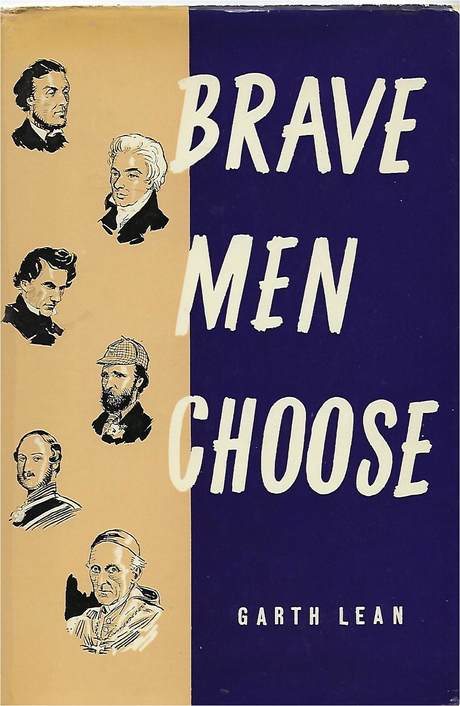This is the story of a handful of men - three Parliamentarians, a soldier, some farm workers, a Cardinal and a Prince - who changed the shape of Britain in their age.
They set out, against tremendous odds and their own inclinations, to put right what was wrong in Britain and the world. Each came into violent collision with the embattled self-interest of his countrymen and each, at one time or another, was called a traitor by a large part of the nation. Some suffered imprisonment, others met with ostracism or contempt-until, in old age or after death, their country suddenly proclaimed them patriots and took their achievements into the national legend.
ln a little over a century of British history, these men were largely responsible for great reforms like the abolition of the slave trade and of slavery, the restriction of child labour, the reform of the factories and the rise of the labour movement. Their influence spread to India and throughout the world. “ln an age of revolution,” writes Mr. Lean, “they saved Britain from a revolution of blood and made her, in spite of her self-interest, cruelty and complacency, the leader of the world in their century.”
These perceptive biographies tell of the flesh and blood behind these great campaigns, and the life decisions which made them possible. The author outlines the faith which men as varied as Lord Shaftesbury and the Tolpuddle labourers, Prince Albert, Keir Hardie and Cardinal Manning had in common, and suggests, in a provocative introduction, the relevance of their experience for the Britain of today.
ln his epilogue, Mr. Lean discusses the quality needed by statesmen and ordinary men to meet the greater pressures of the ideological age in which we live. “Shaftesbury and Keir Hardie outmatched Marx in their generation,” he says. “Can we out-match his successors in ours ?”
Lord Shaftesbury, the Dangerous Earl, who “did more than any single man or Government in English history to check the raw power of the new industrial system”.
William Wilberforce, Pitt’s best friend and the “wittiest man in England”, whose change of heart led to the abolition of the slave trade.
Sir Henry Lawrence, under whom British rule in India reached its high point of service, and who died in the “Mutiny” of 1857 which he alone foresaw.
Keir Hardie, who came from mud hut and illegitimacy to found the Labour Party on a spiritual idea and discipline adequate to out-match Communism.
The Prince Consort, who, by sheer character and against great opposition, brought a new climate to British public life.
Cardinal Manning, Gladstone’s intimate who gave up certain preferment for his belief. As Catholic Archbishop he became the Dockers’ Friend and solved the 1889 strike.
The Tolpuddle Labourers whose faith, under vicious persecution, symbolises the Trades Unions’ great goal: “the brotherhood of man under the fatherhood of God”.
Daphne Du Maurier: “A fascinating account of the real revolutionaries of the nineteenth century; rebels who, defying prejudice and tradition, worked their whole lives long to bring freedom to the oppressed, dignity to the downtrodden, and a sense of purpose amongst all men everywhere.”
English

